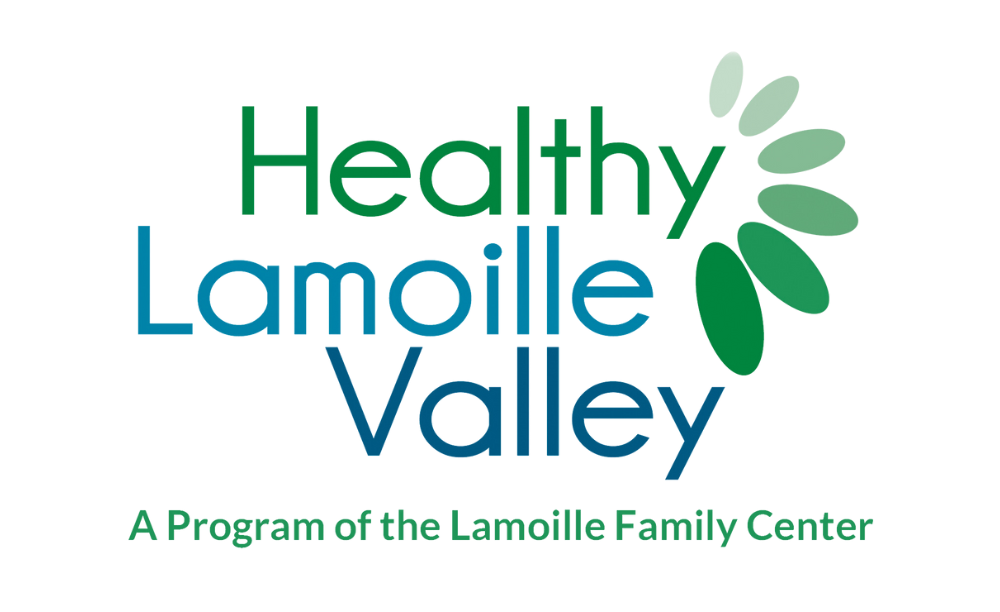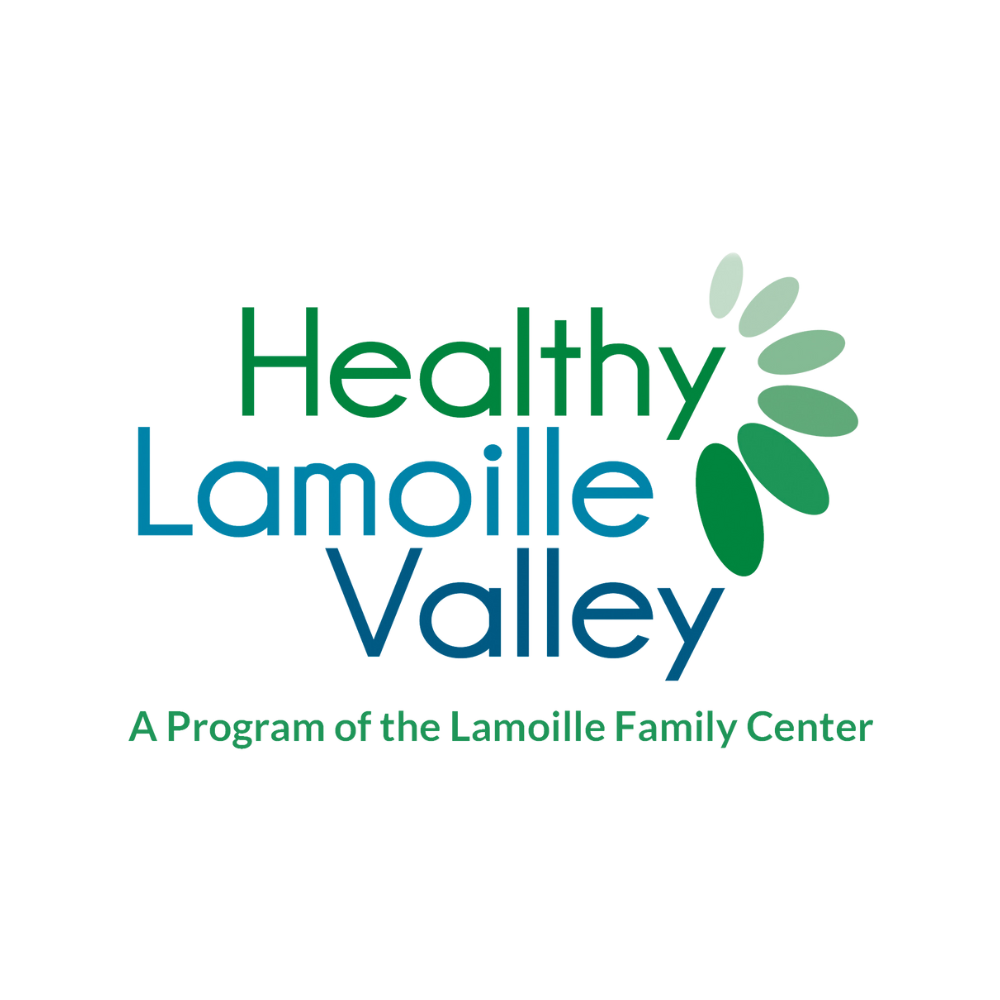High School
& Beyond
Session 5:
Being Playful
Before you begin, read how you might use TimeWise, second edition:
Feel free to explore other grade levels for more inspiration, resources, and implementation ideas.
Session 5:
Being Playful
Discussion:
Teachers: Have students do something that will be considered playful. The idea is to get students to play and have fun. See suggestions provided below.
- How does it feel to have fun? What about being playful?
- What are the benefits of having fun and being playful?
- How does being spontaneous affect having fun and being playful? What about being planful? What is the value of both?
Ideas for both intellectual playfulness and physical playfulness:
- Have students come up with something to do as a group process.
- What if there were no more cats? Show the beginning of this video, then have them brainstorm what would happen. Then show the rest of the video.
- Fly paper airplanes, have a contest, whose goes the farthest?
- Bopping each other with pool noodles. Maybe play some loud, crazy music at the same time.
- Consider doing something like on Wait, Wait, Don’t Tell Me, Bluff the Listener. https://www.wnyc.org/story/bluff-the-listener_347/
Activity/Reflection:
What does being playful mean to you? Do you ever see adults being playful? What about people you admire on TikTok or other social media (or celebrities)? Being playful can involve many things and it is very important for healthy development for people from birth to death.
The Greek word for leisure is licere. Licere means “to be permitted.” Isn’t it interesting that leisure was considered something that was permitted, as in, “it is okay to have fun and enjoy yourself.” It is easy for children to be playful but as we get older, people start to think play is only for children. What do you do that is playful?
Play is:
- self-chosen and self-directed,
- intrinsically motivated – doing the activity is more important than the end result,
- guided by mental rules, but the rules leave room for creativity,
- imaginative,
- and conducted in an alert, active, but relatively non-stressed frame of mind.
Some additional discussion prompts:
- How does playfulness connect to creativity or problem-solving in schoolwork or life?
- Can being playful help reduce stress or anxiety? How?
- How do rules and boundaries affect play? Are there times when breaking the rules can be playful in a positive, healthy and safe way?
- What is the difference between “fun” and “playful”? Can something be playful without being fun?
- How does play help you connect with other people or build friendships?How does social media influence our sense of play? Are there challenges to being playful online?
- What can you do to be more playful? Try being more playful during the week.





